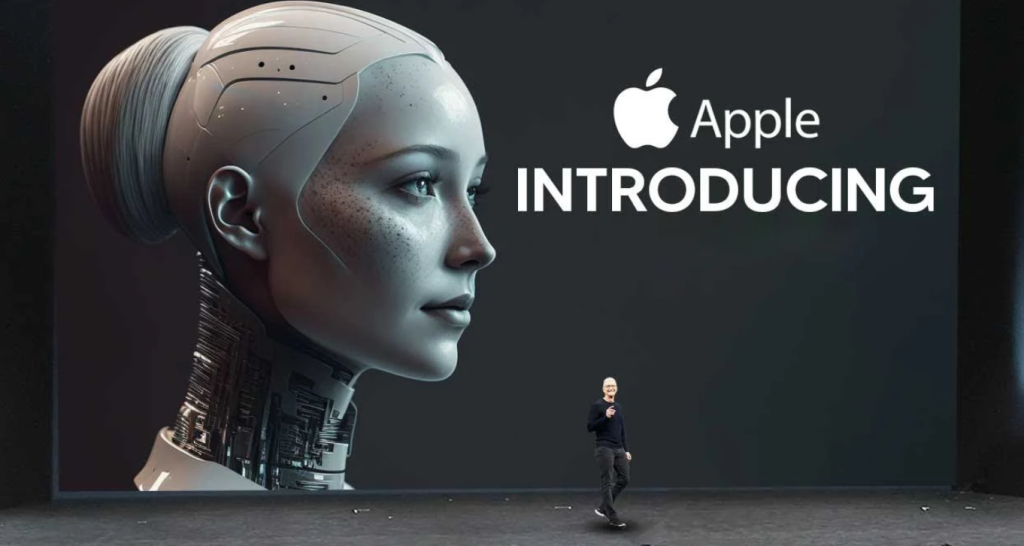Apple is currently in talks with major news and publishing giants, including Condé Nast, NBC News, and IAC, in a bid to secure permission to utilize their content in the development and training of generative AI systems. The tech giant’s proposed multiyear deals, valued at a minimum of $50 million, aim to license the extensive archives of news articles from these renowned organizations.
The crux of Apple’s technological endeavor lies in the application of neural networks, a sophisticated form of artificial intelligence that learns intricate patterns through vast datasets, such as digital text and photos. This strategic move aligns with the broader industry trend, as Microsoft, OpenAI, Google, Meta, and other tech behemoths have already introduced products leveraging similar neural network technology, including innovative chatbots.

However, the negotiations have not been without their fair share of challenges. Executives from the publishing world have expressed reservations about the expansive terms put forth by Apple. The initial proposal included broad licensing of publishers’ archives, raising concerns about potential legal liabilities stemming from Apple’s utilization of their content. The lack of clarity regarding how generative AI would be applied to the news industry has also left some stakeholders uneasy.
Sources close to the discussions, speaking on the condition of anonymity, revealed that Apple’s intentions were met with skepticism. Some publishers questioned the competitive risks associated with Apple’s significant news audience on its devices. Apple seems to have encountered difficulties in assuaging these concerns, leading to an air of uncertainty surrounding the negotiations.
Despite these challenges, the potential impact on the news industry is substantial. The integration of generative AI has the power to reshape traditional workflows, offering the promise of significant revenue generation. Apple’s move aligns with a broader trend within the tech industry, where major players are aggressively investing in AI technologies.
In response to media inquiries, Apple has remained tight-lipped, refraining from immediate comments on the reported negotiations. The company’s recent product releases, including the unveiling of new MacBook Pro and iMac computers with specialized chips designed to enhance AI applications, underscore its commitment to advancing artificial intelligence research. Apple asserts that these chips, by addressing limitations on data storage in computer memory, hold particular promise for AI researchers, especially those working on cutting-edge creations like chatbots.
Related:
- Apple won’t repair out-of-warranty Watch in the US due to Import Ban
- Apple Vision Pro launch could be set for February 2024
- Humane’s AI Pin, a screenless wearable projector, will start shipping in March 2024
- India Embraces AI for Enhanced Weather Forecasting Amid Rising Extreme Events
(via)







